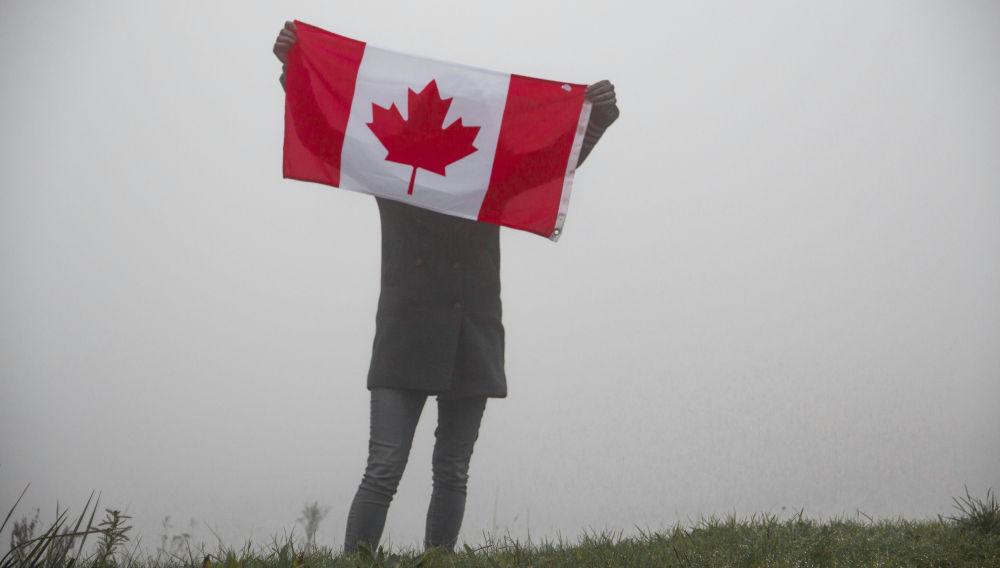Trump tariffs: Canada threatens to yank US alcohol from shelves
Canada | What pulled the US and Canada back from the brink of a potentially damaging trade war? Was it a last-minute call between Mr Trump and Canada’s Prime Minister Justin Trudeau? Or was it Canada’s feisty response on Sunday, 2 February, which would have seen American alcohol pulled from shelves? In any case, late on Monday 3 February, Canada agreed to reinforce its border with the US to clamp down on migration and the flow of the drug fentanyl. The tariffs are paused for one month.
The story so far. As part of his election promises, US President Donald Trump announced 25 percent tariffs on goods from Mexico and Canada and 10 percent tariffs on Chinese goods on Saturday, 1 February. The tariffs on its neighbours were to curb the flow of drugs and undocumented immigrants into the United States.
Within hours Canada’s Prime Minister announced “far-reaching” retaliatory levies of 25 percent against CAD 155 billion worth of American goods. Tariffs on some goods were to be imposed on 4 February, followed by further tariffs on American products on 21 February to allow Canadian companies and supply chains to find alternatives.
Affected items included American alcohol, food produce, clothing, shoes, household appliances, furniture, materials such as lumber, and “much more,” Mr Trudeau said.
No more American alcohol on shelves?
Most Canadian provinces control alcohol sales through a government-owned distributor, which acts as the sole supplier to restaurants, bars, and groceries/convenience stores in their provinces. Therefore, right after Mr Trump’s announcement, the government of Nova Scotia (population 940 000) barged ahead and ordered its Nova Scotia Liquor Corporation to remove all US alcohol from store shelves as of 4 February. That would have affected more than 400 products, including beer, wine, spirits and coolers.
Other provinces followed suit. On Sunday, 2 February, several other Canadian provinces, including Ontario, Quebec and British Columbia, announced that they would be removing US alcohol from store shelves and not restocking them. Reportedly, the province of Ontario (population 16 million) is the world’s major buyer of wine and spirits.
British Columbia (population 6 million), the 5th largest purchaser of alcohol in the world, only ordered the immediate removal of all alcohol sourced from “Red States” (whose voters primarily voted for the Republican Party). British Columbia’s Premier David Eby said he had “no issue with wines sourced from California, the state of Washington or Oregon, because they never voted for Trump”.
American beer brands brewed domestically
In a show of patriotism, some punters on Reddit said they will buy Crown Royal whisky (owned by Diageo) instead of Jack Daniel’s (Brown-Forman) from now on.
Also on Sunday, 2 February, brewer Labatt (AB-InBev) tried to reassure consumers, riled by Mr Trump’s tariffs. It issued a statement saying that Labatt makes many of Canada's favourite brands such as Budweiser (since 1980), Bud Light (since 1986), Busch, Michelob Ultra, Corona, Stella Artois, Cutwater and NÜTRL right here in Canada. “Labatt will continue to ensure Canadians have access to a wide range of high-quality, locally made products,” the statement said.
Although a ban on the import of American beer would have had little impact in a trade war, it would have united Canadians against their southern neighbour.
In 2023, Canada imported American beer worth some CAD 78 million (USD 53 million) according to official data. Beer imports have declined for several years. In 2023, Canadian brewers exported beer worth CAD 102 million to the United States. Beer industry revenue has declined by an average of 2 percent annually over the past five years, to reach CAN 11 billion in 2023. The country’s two largest brewers are Labatt and Molson (Molson Coors). There are more than 900 breweries in Canada.

